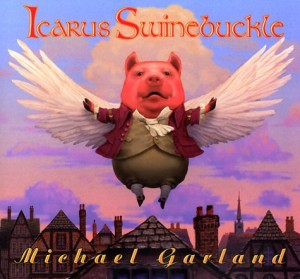Supreme Court: Violent Video Games Get Free Speech Protection
Posted on June 27, 2011 at 12:10 pm
 A California law that would prevent the sale of violent video games to children has been overturned by the U.S. Supreme Court. The 2005 California law has never been enforced because it was found unconstitutional in the lower court as well. The 7-2 ruling (Breyer and Thomas dissenting) said, “The State wishes to create a wholly new category of content-based regulation that is permissible only for speech directed at children. That is unprecedented and mistaken. This country has no tradition of specially restricting children’s access to depictions of violence.”
A California law that would prevent the sale of violent video games to children has been overturned by the U.S. Supreme Court. The 2005 California law has never been enforced because it was found unconstitutional in the lower court as well. The 7-2 ruling (Breyer and Thomas dissenting) said, “The State wishes to create a wholly new category of content-based regulation that is permissible only for speech directed at children. That is unprecedented and mistaken. This country has no tradition of specially restricting children’s access to depictions of violence.”
Supporters of the legislation tried to make the case that exposure to violence is a public health issue, like smoking and alcohol. Opponents argued that games are protected speech, like a book or a movie. While the industry may choose to adopt its own rules voluntarily (as the movie industry has with its ratings and the theaters have done with their ticket sales policies), the government may not impose these restrictions.
Parents will have to continue to be especially vigilant about the restrictions on video games in their own homes and, the bigger challenge, in the homes of the friends where children go to play. Start with the ESRB ratings and then check out the ratings from Common Sense Media.





